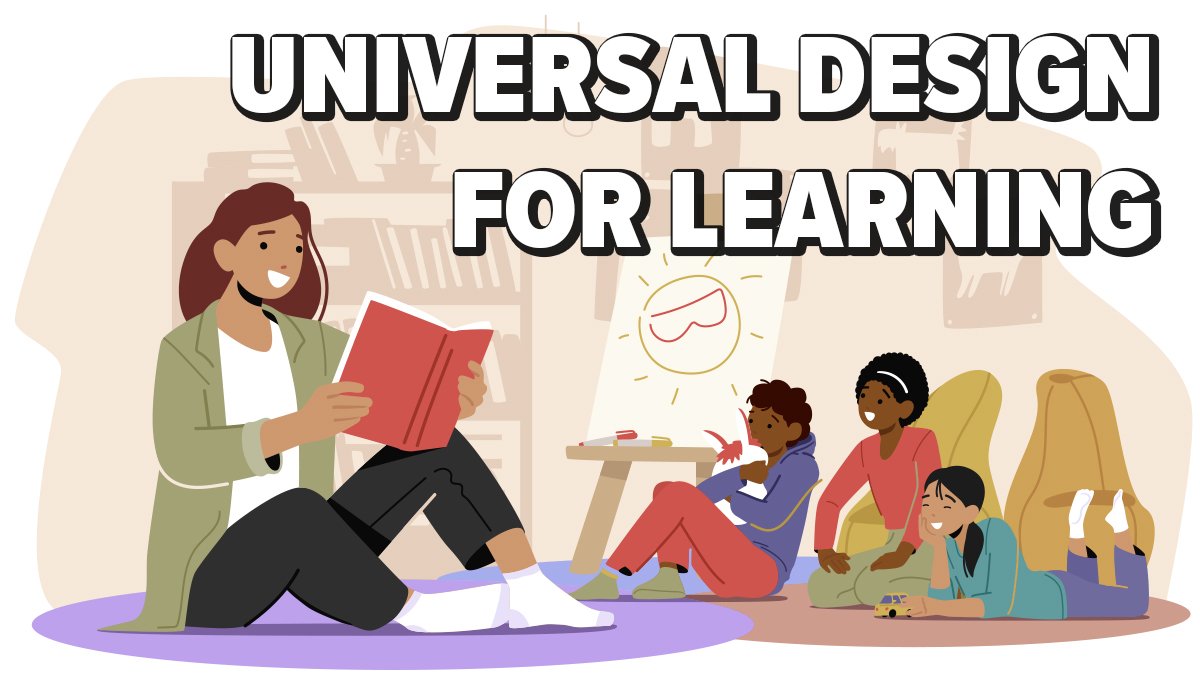What Is Value Education?
Value education is the education that can make a good human being. It teaches how to behave properly and do the right thing. It enables distinguishing what is good from what is evil. More significantly, value education enables an individual to choose good things.
Education is not something that is imparted merely through reading books. Some things value from learning to take from parents, teachers, and even friends. This kind of informal education would mold us into absolutely compassionate and honest adults.
Why Is Value Education Important?
Value education makes us better people. It helps us live peacefully with others. It also helps us think before we act.
With value education, we learn to:
- Be honest
- Show kindness
- Respect others
- Take responsibility
- Works well in a team
These values help us in school, at home, and even when we grow up.
Goals of Value Education
The main goals of value education are simple but important. These goals include:
- Teaching right from wrong
- Helping us care about others
- Showing us how to act in hard times
- Making us more responsible
- Helping us live in peace with others
When we follow these goals, we build a better world.
Important Values to Learn
Many values guide our lives. Here are the most important ones:
Honesty
Telling the truth and being fair are signs of honesty. It builds trust with others.
Kindness
Being kind means helping people, even if we get nothing in return.
Respect
Respect means treating people well, even if they are different from us.
Responsibility
We must take care of our actions. This includes doing homework and helping at home.
Peace
Peace means solving problems without fighting. It also means staying calm inside.
Teamwork
When we work together, we learn to listen and help each other.
How Value Education Helps Us
There are many ways value education helps us grow. Here are a few examples:
- Better friendships: People trust us more when we are honest and kind.
- Good choices: We stop and think before making a decision.
- Less bullying: When we understand others, we don’t hurt them.
- Strong families: Respect and love make homes happier.
- Safer schools: Students feel safer when everyone follows values.
Who Teaches Value Education?
Many people help us learn values. Here are the main ones:
Teachers
Teachers are role models. They show us how to behave and how to treat others kindly.
Parents
Parents are the first teachers. They teach us values at home every day.
Friends
Friends also help. We learn how to share, play fair, and be loyal through friendship.
Community
People in our neighbourhood and leaders show us how to act in public.
How Do We Learn Values?
There are fun and easy ways to learn values. Let’s look at them:
Stories
Stories from books and real life teach us big lessons. They help us understand feelings.
Games
Games teach teamwork, patience, and fair play.
Group Work
Working with others helps us listen, share ideas, and respect differences.
Drama and Role Play
Acting out stories lets us feel what others go through. It helps us grow empathy.
Meditation
Quiet time teaches us peace and how to control our thoughts.
Daily Routines
Simple acts like saying “thank you” or cleaning up also teach values.
Value Education in Schools
Every school can teach values. Here’s how it happens:
Primary School
At this age, we learn basic values. These include sharing, telling the truth, and saying sorry.
Middle School
As we grow, we face new situations. We learn to be brave, helpful, and fair.
High School
We learn big life lessons. These include thinking about others and making wise choices.
Challenges in Teaching Values
Teaching values is not always easy. Some problems include:
- Busy schedules: Teachers have a lot to teach in a short time.
- Different cultures: Not all families believe in the same values.
- Lack of support: Some schools don’t focus enough on values.
- Home habits: Kids may learn one thing in school, but see another at home.
How to Overcome These Problems
Here are smart ways to fix those problems:
- Train teachers: Help them learn how to teach values.
- Involve parents: Schools can hold events to teach parents, too.
- Use fun tools: Videos, games, and stories can make lessons fun.
- Create value clubs: Students can join clubs that promote honesty and care.
Using Technology to Teach Values
Today’s tools help learning values in a new way:
- Apps: Some apps use games as a means to teach generosity and equality.
- Videos: Short movies can share ways of life or feelings with others.
- Online lessons: Good lessons for good manners can also be afforded through online class memberships.
- Social media: When used properly, it spreads kindness and support.
How Society Helps in Teaching Values
School is just a part of education. It has its dimensions and limitations. The whole world is an educator, and here are some ways by which it teaches:
- TV shows: Shows that teach correct behavior are a good way to learn faster.
- Books: Stories about heroes bring forth the inspiration of being better.
- Events: Cleanup drives or maybe some other rare giving event, learn what we should do in return.
- Role model: A great leader, teacher, or even neighbor will just show how to live rightly upon it.
Daily Habits That Build Values
Here are some simple practices of values you can use every day:
- Help someone without being asked.
- Say: “Please,” then “Thank you.”
- Share that with all.
- Listen to someone talking.
- Say: “Sorry,” when you’re wrong.
- Take care of your stuff.
- Do your tasks on time.
Little things make big differences.
Conclusion
Value education helps to forge goodness into the hearts and minds of men and women. It lays the foundation for a better world for everyone.
Instilling values in us at a tender age causes us to grow into people who help others. In the name of respect or love, we can make better choices; in doing so, we can be a gift for fortifying families, schools, and nations.
Also Read: NAC Full Form in Education: A Simple Guide for Students and Schools











